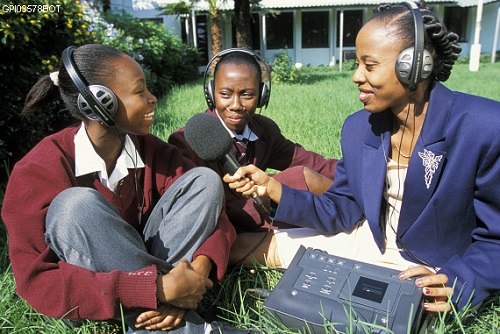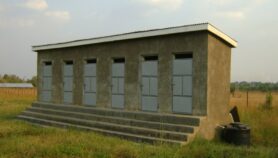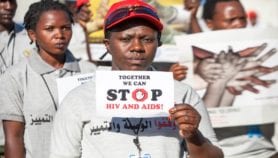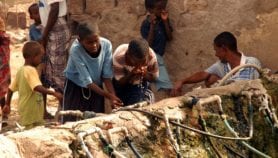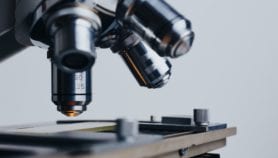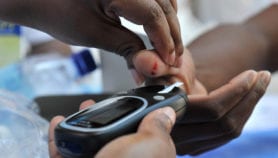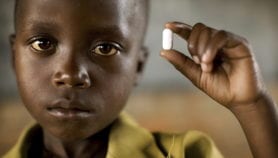By: Gilbert Nakweya
Send to a friend
The details you provide on this page will not be used to send unsolicited email, and will not be sold to a 3rd party. See privacy policy.
[NAIROBI] Since the adoption of the UN’s Agenda 2030 on Sustainable Development by world leaders on 25 September last year, I have been looking for opportunities that can offer innovative lessons for Africa to achieve the Sustainable Development Goals (SDGs).
One such opportunity arose last week (3 February) when I attended the 15th anniversary celebrations of the Biosciences eastern and central Africa-International Livestock Research Institute (BecA-ILRI), at which the role of biosciences in achieving the SDGs was discussed.
Scientists and researchers need to link research to national, regional and global agenda through effective science communication.
By Gilbert Nakweya
At the event in Kenya, I listened to scientists, policymakers, researchers and international development partners reflect on the challenges and opportunities in biosciences for Africa’s transformation and how the continent can harness biosciences to achieve the SDGs.
How can the goals be achieved as envisaged? At conferences, seminars and workshops, experts on climate change, energy, food security, nutrition, health or water continue to seek solutions that could help achieve the SDGs.
I know that with the gravity of the problems facing Sub-Saharan Africa, there is a sense of urgency to find a roadmap towards sustainable development that could lead to a positive transformation of the continent.
So as I listened to the experts at the BecA-ILRI event, I realised that communicating science, technology and innovations remains a challenge for adopting ground-breaking research.
There exists a gap in knowledge between scientists and policymakers which hinders development because a number of countries have policies that are not research-oriented and fail to capture key areas of using science, technology and innovation for transformation.
In agriculture I believe, for example, that communities — especially where rural smallholder farmers live—can be linked to innovations in science and technology through favourable policies. This is critical to sustainable development.Consequently, agricultural scientists in the global South are being challenged to advocate for science through effective communication with all those with key roles to play, especially policymakers and smallholder farmers, to enable sustainable growth within the realm of the SDGs.
The role of effective and efficient science communication cannot be overemphasised. Scientists and researchers need to link research to national, regional and global agenda through effective science communication.
Science journalism also needs to be strengthened in Africa to help bridge the gap between scientists and policymakers. Science journalists have a key role in ensuring that the populace appreciates the role of scientific innovations in transforming Africa.
This piece was produced by SciDev.Net’s Sub-Saharan Africa English desk.


